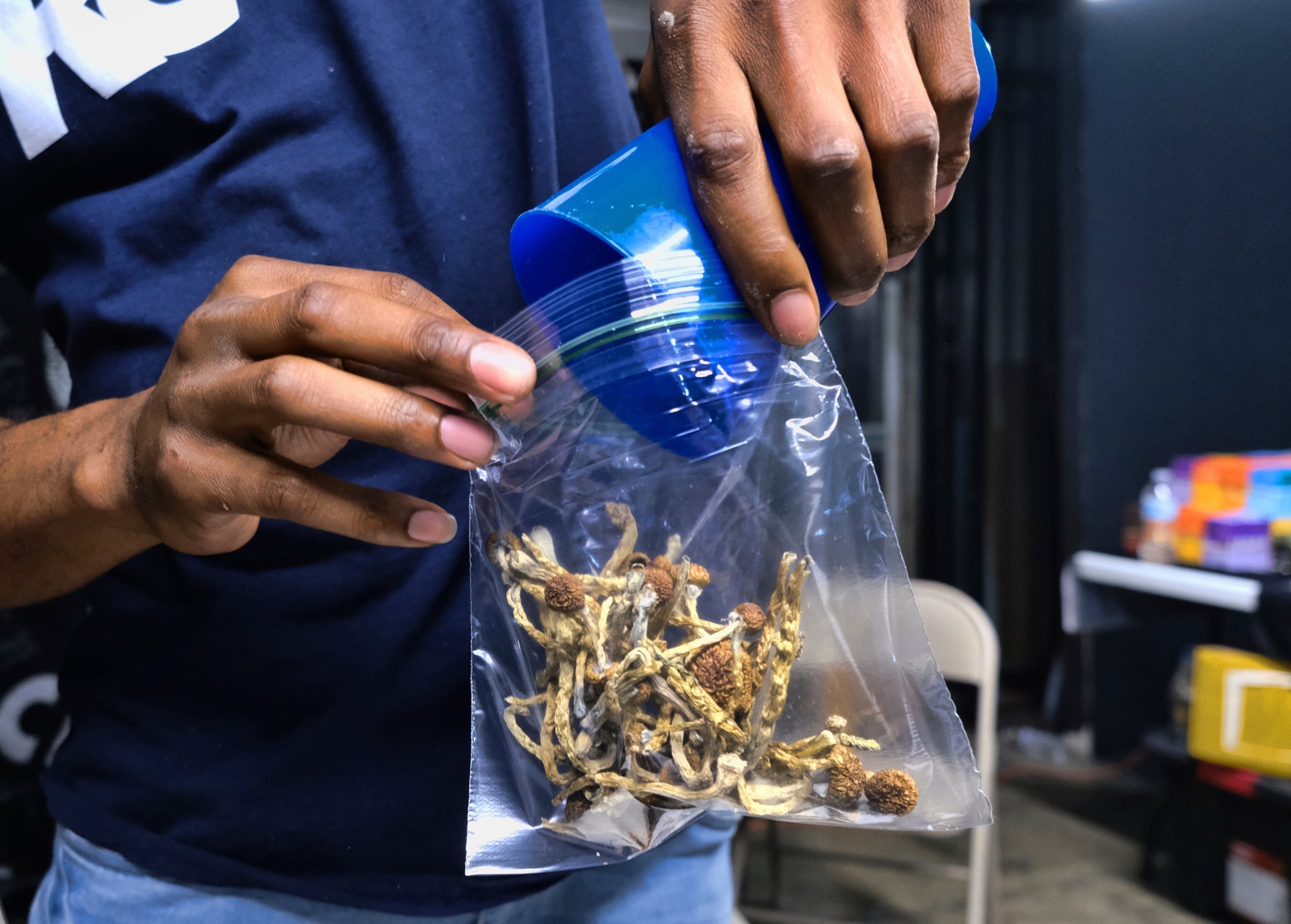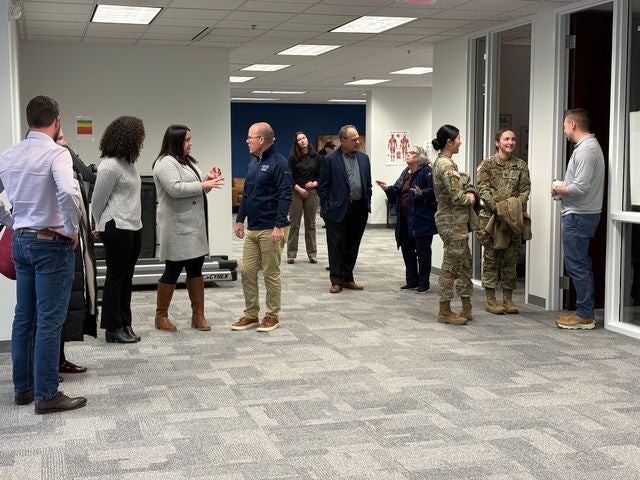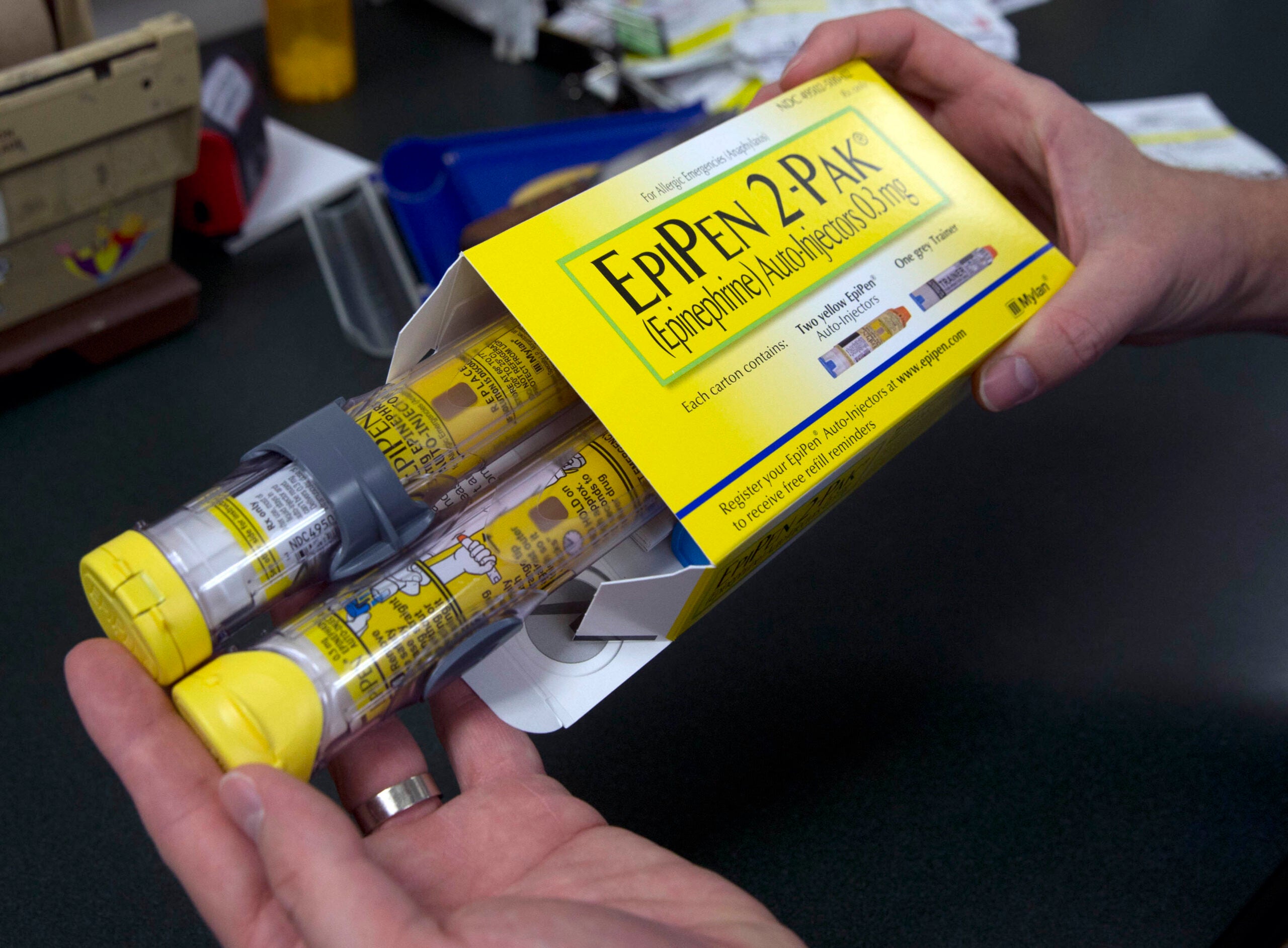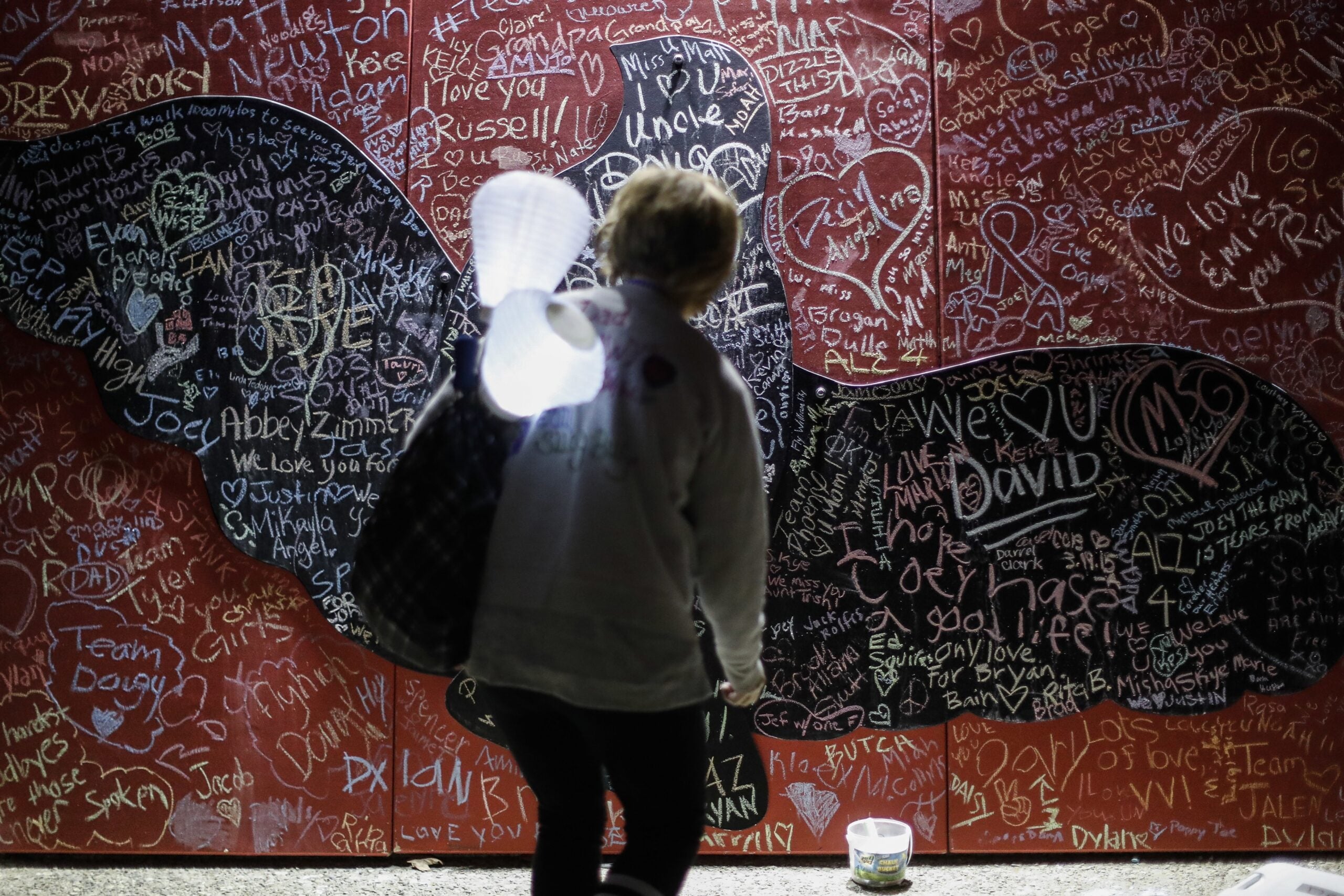To give Wisconsin veterans with post-traumatic stress disorder more options, a bipartisan group of lawmakers is working to make it easier for researchers to treat those with acute PTSD with the active ingredient in hallucinogenic mushrooms.
The bill would create a state trust fund called the “medicinal psilocybin treatment program” that would be administered by researchers at the University of Wisconsin-Madison.
The school has been studying the use of psilocybin and MDMA, another psychedelic compound commonly known as ecstasy, to treat depression, substance abuse and PTSD since 2014. In 2021, UW-Madison launched a new center for that research.
News with a little more humanity
WPR’s “Wisconsin Today” newsletter keeps you connected to the state you love without feeling overwhelmed. No paywall. No agenda. No corporate filter.
Psilocybin, found in mushrooms that grow naturally in Mexico, Central America and the U.S., is considered a schedule I drug under the federal Controlled Substances Act, which warns of “high potential for abuse” according to the U.S. Drug Enforcement Agency. The compound is also illegal in Wisconsin.
In June, the U.S. Food and Drug Administration released guidance to researchers using psychedelic drugs in mental health studies, which some believe could help bring the developing field into the mainstream.
“Our federal government has failed us when it comes to marijuana and the psilocybin and all these other variants that are out there in doing these studies,” State Sen. Jesse James, R-Altoona, told WPR. “So, if states have to take it upon themselves to do it, then I guess that’s what we should be doing.”
James, a Gulf War veteran, said he’s not aware of many treatment options that help acute cases of PTSD in returning veterans. He noted legislation in states like Texas, Maryland and Washington legalizing psilocybin for mental health treatment.
Researchers at UW-Madison and other universities have said psychedelics, when taken during guided therapy sessions, are able to dramatically reduce PTSD symptoms.
“(Patients) have higher energy levels, improved familial relationships with their loved ones,” James said of the trials in other states. “They’re communicating more, enhancing their work performance of all things. I mean, this is what excites me because this is what we need in our society right now.”
James and State Rep. Clinton Anderson, D-Beloit, the measure’s co-sponsor, said they hope to include $100,000 in state funds to establish a trust that can be used for psilocybin research in Wisconsin.
“I think our veterans deserve the absolute best, and that includes us accessing other opportunities for treatment for them,” Anderson said.
Anderson said the bipartisan nature of the legislation shows lawmakers are “serious, and we’re not just throwing out a messaging bill.”
“Let’s try to find some alternatives to treatment for our veterans who serve our country,” Anderson said. “And I think that’s something we should all be able to get behind. Otherwise, we’re just playing political theater when we talk about how important our veterans are.”
Wisconsin Public Radio, © Copyright 2025, Board of Regents of the University of Wisconsin System and Wisconsin Educational Communications Board.







